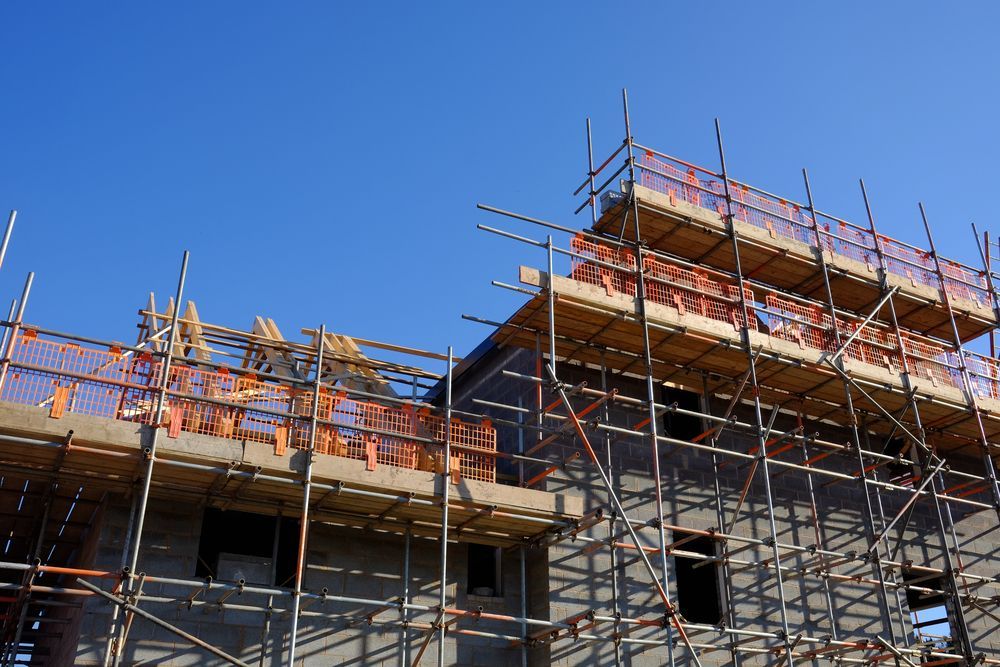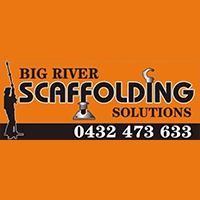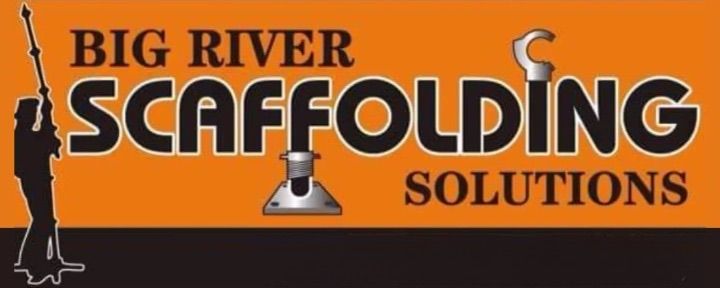The Risks of Hiring Unlicensed Scaffolders in Coffs Harbour

Hiring scaffolders without the proper licensing may seem like a way to save money, but the risks—for safety, legality, and finances—often far outweigh the short‑term gain. Builders, tradies, and construction managers in Coffs Harbour must know what can go wrong, their obligations, and how to protect their project, crew, and reputation. Here are the key risk areas you should keep at the front of your mind when considering scaffold hire.
Legal Trouble From Ignoring Licensing Laws
Scaffolding work is regulated under health and safety laws that require proper licensing for tasks involving heights and structural assembly. In many cases, anyone erecting or altering scaffolding where falls over 4 metres are possible must hold a High Risk Work Licence (HRWL).
- HRWLs come in Basic, Intermediate and Advanced classes, depending on the type of scaffold.
- Responsibility doesn’t lie solely with the scaffolder—business owners, site managers, and contractors must also ensure compliance.
- Breaches can result in fines, prohibition notices or stop-work orders from regulatory bodies.
Overlooking licensing requirements isn’t just a technicality—it can trigger significant legal and operational consequences.
Greater Risk of Site Accidents & Injuries
Safety hazards multiply when licensed, trained professionals don’t carry out scaffold work. Unlicensed scaffolders may lack the expertise, supervision or equipment to meet safety standards.
- Poor scaffold design or incorrect load calculations can lead to collapse or failure under wind, weight or movement.
- Essential safety elements—guardrails, toe boards, proper bracing, and safe stair or ladder access—may be missing or improperly installed.
- Missing inspection routines: Defects go unnoticed without formal inspections by competent persons (before use, after weather events, or alterations).
- Dropped tools or materials; falls from height; unstable ground foundations—all become far more likely.
These hazards aren’t theoretical. Injuries from falls or collapses can be severe, even fatal—and they disrupt workflows, cause delays, and have long recovery costs.
Liability Still Falls on Builders & Managers
If you hire someone else to erect your scaffolding, responsibility doesn’t disappear. Under NSW WHS law, liability extends beyond just the person doing the work:
- As a PCBU or principal contractor, you must ensure that scaffold work is done safely, that needed licences are held, and that work is planned, supervised, and inspected.
- If unlicensed scaffold work leads to injury or damage, you may be held legally and financially responsible—even if you only contracted the work.
- Courts or regulators may issue improvement or prohibition notices, require remediation, or impose fines. Your business could be liable for damages, workers’ compensation claims or legal costs.
In short, cutting corners doesn’t remove your duty; it increases your exposure.
Insurance Gaps Can Leave You Unprotected
Insurance is meant to protect you, but that protection often depends on all work being done legally and safely. If you hire an unlicensed scaffolder, you may find yourself exposed.
- Public liability policies may exclude cover if safety regulations aren’t followed.
- Injuries involving unlicensed workers may not be covered under workers’ compensation.
- Property damage or third-party claims could be denied if caused by non-compliant scaffolding.
- Even accepted claims may lead to higher premiums or non-renewal.
What seems like a saving upfront could leave you paying far more if things go wrong.
Cheap Scaffold Hire Can Cost You More Later
The temptation to reduce scaffolding hire costs can be strong—but the real costs of cutting corners often vastly exceed the upfront savings.
- Rework: structures built without correct compliance must often be dismantled, rebuilt, or modified to meet inspection or council requirements.
- Project delays: stop‑work orders, failed inspections or safety incidents slow progress. Time is money on all construction sites.
- Fines or regulatory penalties may be levied, adding unexpected cost.
- Loss of productivity when workers are injured or cannot proceed safely.
| Upfront “Saving” | Potential Cost Later |
|---|---|
| Lower hourly scaffold labour or using someone without HRWL | Rebuilding or correcting scaffolding or paying licensed costs anyway |
| Skipping inspections or safety documentation | Fines, insurance refusal and delay while compliance is restored |
| Buying substandard materials | Higher risk of failure, accidents, and replacement expenses |
Non‑Compliance Can Shut Down Your Site
Non-compliant scaffolding doesn’t just pose safety risks—it can bring your entire site to a halt. Regulators and councils can enforce strict penalties when scaffold work doesn’t meet legal standards.
- Safety authorities can issue stop-work or prohibition notices if scaffolds are unsafe or erected without the proper licence.
- Council inspectors may delay approvals or refuse compliance sign-off where standards aren’t met.
- Shutdowns cost time and money—lost labour, idle equipment, and project delays.
- In severe weather or emergencies, unsafe scaffolding may be forcibly removed, adding further disruption.
For project managers, one mistake on scaffolding compliance can throw off timelines and budgets across the board.
Unlicensed Scaffolders Cut Critical Safety Corners
When scaffolders are unlicensed or insufficiently trained, many safety systems and documentation that protect lives are often ignored or poorly implemented.
- No Safe Work Method Statement (SWMS) or inadequately detailed ones that do not cover all hazards.
- Lack of regular inspection records, or failure to inspect after weather or modifications.
- Use of non‑Australian Standard (AS/NZS) compliant materials or outdated/worn components.
- Missing accessible entry/exit points, guardrails, toe boards, or inappropriate access ladders.
These gaps often lead to the worst incidents, because risk isn’t fully managed.
Why Licensed Scaffolders Are Worth the Investment
Despite all these risks, choosing licensed scaffolders tends to deliver stronger, more predictable project outcomes:
- Safety: properly erected scaffold, regular inspections, certified materials, and reduced risk of injury.
- Compliance: licences, documentation, and inspections make it easier to satisfy regulators, WHS authorities, and local councils.
- Fewer delays: with correct scaffolding from the start, fewer stoppages, reworks, or delays from enforcement or safety issues.
- Insurance peace of mind: licensed work is more likely to be covered, and client confidence increases.
- Reputation: clients, stakeholders and workers value safety; firms known for compliant, quality work gain trust and repeat business.
Get Reliable Scaffold Hire in Coffs Harbour Today
If you’re overseeing a build in Coffs Harbour, hiring unlicensed scaffolders is a risk too big to ignore. The legal, financial and safety consequences can spiral from a single failure in licensing or compliance. It’s your responsibility to protect your site, your workers, your project timeline, and your reputation.
For reliable, fully compliant scaffolding in Coffs Harbour, contact our team at Big River Scaffolding Solutions. Contact us to discuss your scaffold hire needs, or call us to arrange a site assessment and quote.






